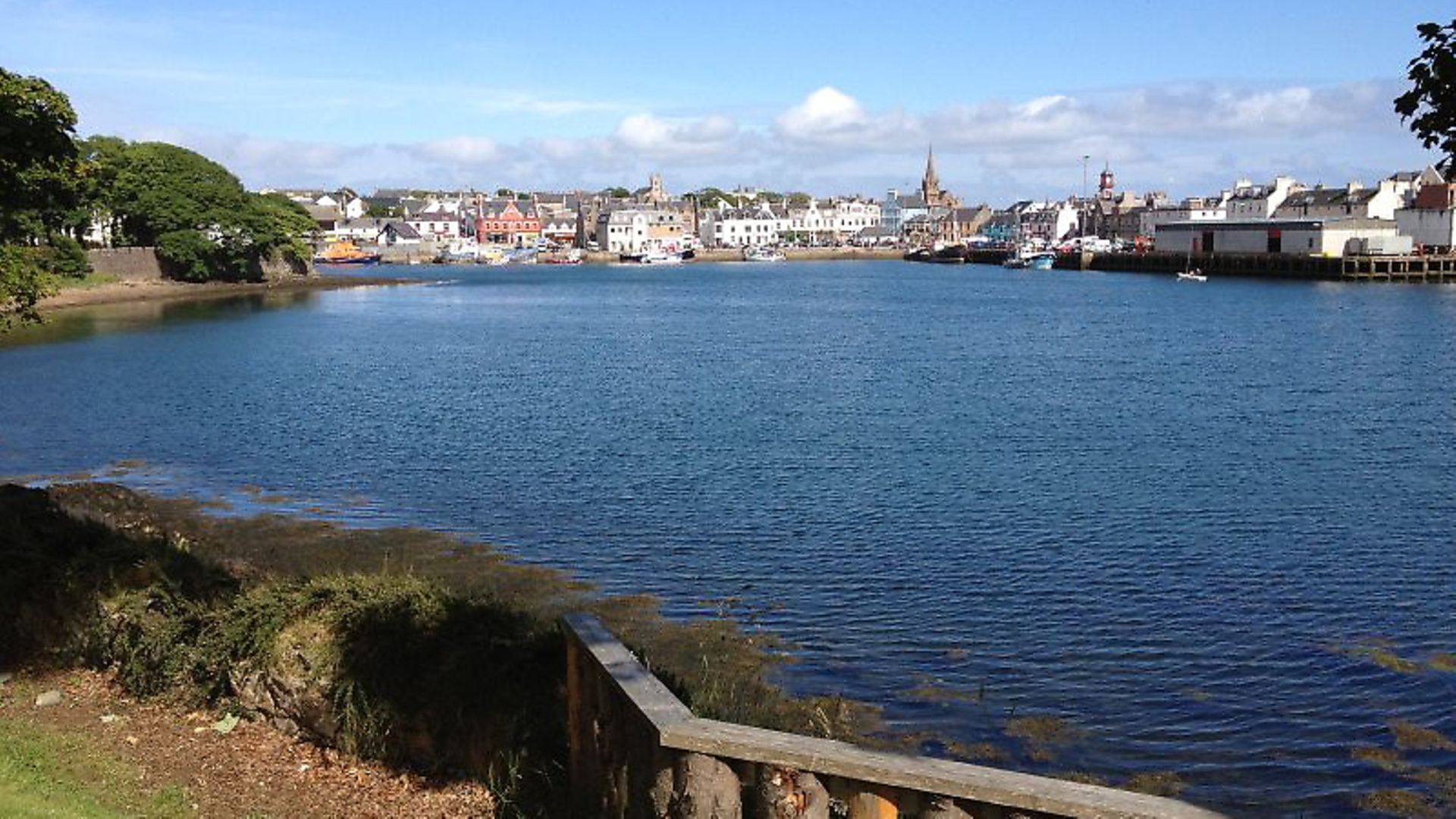
While sailing out to a small archipelago, WILL SELF reflects on Britain’s status, alone in a big sea.
Years ago, when I was stopping for the winter in the Orkneys, I became obsessed – after reading a book about them – with the still more remote Hebridean archipelago of St Kilda, and resolved to go there. Not an easy prospect: The tiny group of cliff-begirt isles lies some 40 miles west of Lewis, way out in the Atlantic. Permanent home now only to millions of seafowl and thousands of Soay sheep, Kilda once sustained a human community – one which, when its last surviving elderly members were finally evacuated in the 1930s, had been profoundly isolated for at least a millennium, if not more.
It was not until 15 years later that I embarked from Stornoway on a 60ft ocean-going yacht crewed by a couple of hardy Lewis men, that cruised down the east coast of the Long Isle, then anchored for the night off of Leverburgh, before sailing through the sound between Harris and North Uist out into the open sea. It had been fairly blowy in the sound – but as the wind picked up, and the skipper remarked we might be “in for a bit of a blow”, it occurred to me I’d never before been in seas this big, in a boat this small.
We were out in the “bit of a blow” for around 10 hours, during which the winds rose to a Force 11 on the Beaufort scale, and we came within a couple of miles of our destination. Unable to make landfall in Village Bay on St Kilda, due to the prevailing winds, we eventually yawed back into more sheltered waters. The “bit of a blow” had been such that one of our complement – who’d worked on deep sea trawlers – told me later he’d felt so violently, existentially nauseous he’d considered throwing himself overboard.
I could identify. But I’d been perversely grateful for the extreme sea sickness – because it somehow prevented me from feeling utterly terrified, as the slim prow of the yacht sunk deep down into the troughs between the waves, and these grey-glaucous ramparts of water raised 20 and even 30 feet above the deck. There was the nausea to act as a bizarre sort prophylactic – and also the extreme beauty of the scene. During the peak of the tempest, everything was both furiously in motion – an ever-mutating fractal pattern of cloud, sea-spray and waves – while at the same time being entirely static: a sea scene, caught by my own inner-Turner, who was clipped on alongside me to the safety line.
Anyway, this experience returns to me whenever I hear about migrants setting off in small boats to cross the English Channel. We were five, in total, on a yacht equipped with cabins and a galley, and crewed by some of the finest seamen in the world – while 20 or more of them are often crammed into a barely seaworthy dinghy, with room for a quarter of their number. Embarking from the French coast by night, I somehow doubt that the beauty of the lights coursing through this, the busiest shipping lane in the world, counters their acute fear: darkness, drowning… death – this is an all too common sequence; whereas rescue, followed by asylum and a new life remains a very remote prospect indeed.
But while the means of transit may be very different, the similarities between St Kilda and Brexit Britain seem inescapable. When I finally did reach the remote little archipelago, I was only able to stay a couple of nights with permission from the National(ist) Trust – the quasi-fascist body that, more than any other, acts as the guardian of Britain’s physical culture. The only exceptions to this draconian immigration policy are the technicians and servicemen who run the missile-tracking station on the main island of Hirta. There’s a sense in which any island is a synecdoche – at once part of the main, and a small-scale model of it; but in the case of Kilda/Britain we should beware of becoming merely a triangulation point for assessing the direction and range of missiles fired from much larger landmasses, whether these be Benbecula or the continental USA.
When the St Kildans asked to be taken off their remote island by the Royal Navy, they were reduced to a pitiful group of elderly men and women unable any longer to care for themselves. What they had in abundance, of course, was culture: a unique dialect of Gaelic, and a natural religion that involved the quasi-worship of the multitudinous seafowl they’d become dependent on for just about everything: using fulmar oil as a catholicon, and the inverted carcasses of immature gannets as a kind of shoe. During the final decades of the preceding century, steamship companies further south would advertise cruises to the islands as visits to ‘Britain’s Modern Primitives’. I think it not implausible French, Belgian and Dutch tour operators may soon be offering something similar, as our population continues to age… and dwindle.
Warning: Illegal string offset 'link_id' in /mnt/storage/stage/www/wp-includes/bookmark.php on line 357
Notice: Trying to get property 'link_id' of non-object in /mnt/storage/stage/www/wp-includes/bookmark.php on line 37







